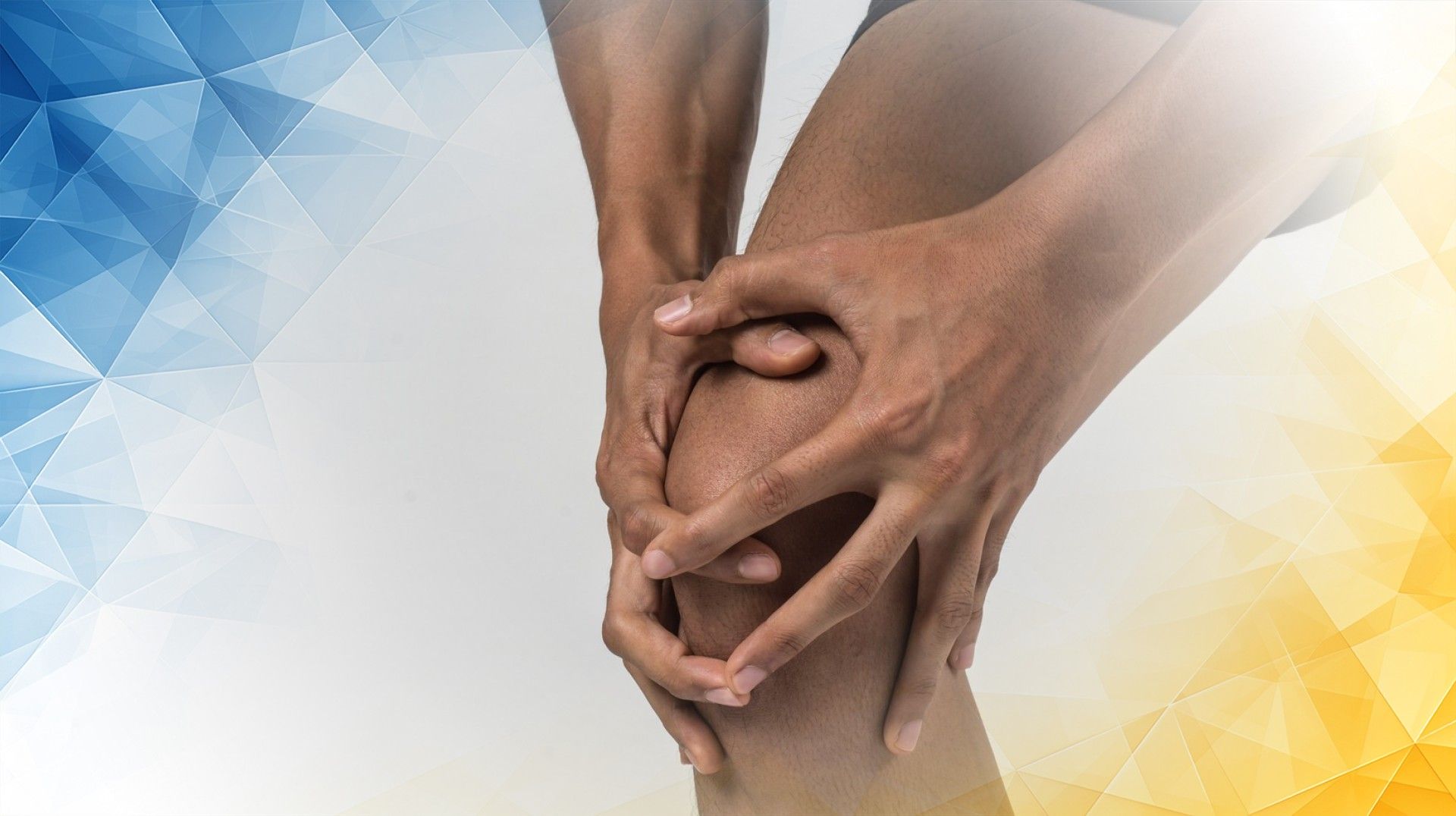



Rashee Rice’s recent anterior cruciate ligament (ACL) tear has sparked concern and debate among fans and sports experts alike. How serious is this injury? What might it mean for Rice’s playing future? In this article, we’ll break down what an ACL tear is, share details on Rice’s case, and explore both the medical and long-term career impacts of the injury. Our goal is to demystify this issue and give both casual fans and dedicated followers a clear, approachable explanation.
The ACL is a crucial ligament deep inside your knee, acting like a sturdy rope that prevents your shinbone (tibia) from sliding too far forward or twisting unnaturally. ACL injuries usually happen during sudden twists, pivots, or awkward landings—motions common in high-speed sports like football, basketball , and soccer.
When someone tears their ACL, it’s typically marked by a sharp, immediate pain, swelling, and a feeling that the knee won’t hold steady. For athletes who rely on agility and quick direction changes, this is a significant setback.
Knee injuries like this are often more complicated than they seem. For example, it’s quite common for ACL tears to be accompanied by meniscal injuries—damage to the cartilage that cushions the knee. This makes the diagnosis and treatment process even more important and sometimes more challenging for doctors and athletes alike.
Rice reportedly tore his ACL during a demanding game, which forced him to leave the field right away. While ACL injuries are unfortunately routine in contact sports, fans and analysts sometimes debate the severity or specifics of each case, especially when information is scarce or contradictory.
In Rashee Rice’s situation, some initial confusion surrounded the details of his injury. However, after medical evaluations, including both physical examinations and MRI scans , doctors confirmed an ACL tear . This highlights a key reality for professional athletes: injuries are sometimes subject to public scrutiny, which can affect how teams and fans view both the athlete’s performance and future prospects.
To diagnose an ACL tear , doctors start with a hands-on examination, moving the knee in specific ways to check for instability. The most reliable confirmation, though, comes from an MRI scan, which shows detailed images of the ligaments and any associated injuries—such as meniscus or cartilage damage.
Treatment depends on the injury’s severity and the patient’s activity level. For professional athletes like Rice, surgery to reconstruct the torn ligament is usually recommended to restore stability and allow a safe return to high-level play. After surgery, recovery generally takes between six and nine months, with a structured rehabilitation plan focused on rebuilding strength, flexibility, and confidence in the knee.
An ACL tear isn’t just a physical injury —it can deeply affect an athlete’s confidence and game readiness. Physically, it takes time to regain strength , speed, and agility, and some athletes find they’re prone to re-injury or never quite reach their pre- injury level . Mentally, the fear of getting hurt again can impact how a player approaches competition.
That said, many athletes recover and return to their sport at a high level, especially if they follow their rehab closely and have support from their teams and medical staff. Since ACL injuries are most common in people ages 20-29, Rice falls right in the typical recovery demographic. Still, how the injury —and the recovery process—affects his performance, playing time, and contract prospects remains to be seen.
An ACL tear is daunting for any athlete, but especially for a rising star like Rashee Rice. A successful recovery means more than just a healed knee—it requires strong medical care, dedicated rehabilitation, and plenty of mental resilience.
Rice’s journey through recovery is a reminder of the challenges professional athletes face when dealing with serious injuries , and the strength it takes to come back. His experience sheds light on the reality of sports injuries and the determination required to overcome them. As Rice works through his rehabilitation, fans and fellow athletes alike will be watching closely—not just to see if he returns, but how he rises to meet this challenge.
Nivetha, U., Vignesh, Anvesh, Munis, & Balasubramaniam, N. (2021). ACL Injuries and Meniscal Lesion: Hand in Hand? Journal of Pharmaceutical Research International, 33(57), 405-412. https://doi.org/10.9734/jpri/2021/v33i57a34013
Takayama, K., Matsushita, T., Matsumoto, T., Kubo, S., Kurosaka, M., & Kuroda, R. (2011). The double ACL sign: an unusual bucket‐handle tear of medial meniscus. Knee Surgery Sports Traumatology Arthroscopy, 19(8), 1343-1346. https://doi.org/10.1007/s00167-011-1441-0
An ACL tear involves damage to a major knee ligament, causing pain, swelling, and instability. For athletes, it undermines agility and stability, threatening performance and future prospects. At London Cartilage Clinic, Prof Lee’s extensive experience ensures accurate diagnosis and advanced treatment for prompt, optimal recovery.
ACL tears are diagnosed using clinical knee tests and confirmed with MRI scans to assess all injury aspects. At London Cartilage Clinic, Prof Lee uses state-of-the-art imaging and cutting-edge surgical techniques, providing tailored treatment plans and rehabilitation programmes designed for the best possible outcomes.
Recovery from ACL surgery typically takes six to nine months, including structured rehabilitation focused on strength and flexibility. Prof Lee’s expert oversight at London Cartilage Clinic maximises rehabilitation success, helping patients—athletes and others—achieve strong, confident returns to sport or daily activities safely and efficiently.
London Cartilage Clinic, led by Prof Lee, offers unmatched expertise in cartilage and ligament injuries. Prof Lee’s international reputation and innovative approaches ensure precise diagnostics, personalised care, and superior surgical and non-surgical outcomes—giving patients the best chance for a safe, effective, and timely recovery.
An ACL injury affects confidence and motivation, not just physical ability. Prof Lee and the London Cartilage Clinic team provide holistic support, addressing both medical and mental health aspects, ensuring patients stay motivated, resilient, and positive throughout their rehabilitation journey, leading to better and faster overall recovery.
All our treatments are selected to help patients achieve the best possible outcomes and return to the quality of life they deserve. Get in touch if you have any questions.
At London Cartilage Clinic, we are constantly staying up-to-date on the latest treatment options for knee injuries and ongoing knee health issues. As a result, our patients have access to the best equipment, techniques, and expertise in the field, whether it’s for cartilage repair, regeneration, or replacement.
For the best in patient care and cartilage knowledge, contact London Cartilage Clinic today.
At London Cartilage Clinic, our team has spent years gaining an in-depth understanding of human biology and the skills necessary to provide a wide range of cartilage treatments. It’s our mission to administer comprehensive care through innovative solutions targeted at key areas, including cartilage injuries. During an initial consultation, one of our medical professionals will establish which path forward is best for you.
Contact us if you have any questions about the various treatment methods on offer.
Legal & Medical Disclaimer
This article is written by an independent contributor and reflects their own views and experience, not necessarily those of londoncartilage.com. It is provided for general information and education only and does not constitute medical advice, diagnosis, or treatment.
Always seek personalised advice from a qualified healthcare professional before making decisions about your health. londoncartilage.com accepts no responsibility for errors, omissions, third-party content, or any loss, damage, or injury arising from reliance on this material. If you believe this article contains inaccurate or infringing content, please contact us at [email protected].